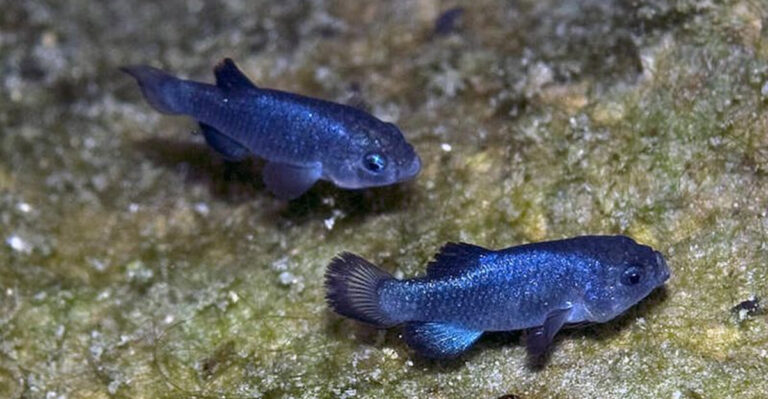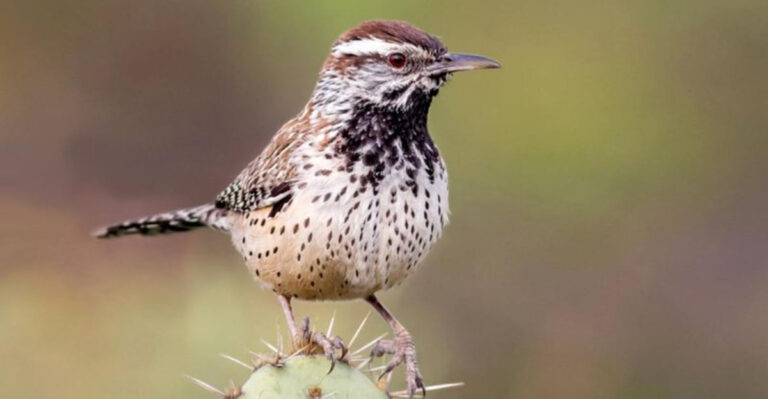Why The World’s Loudest Animals Are Going Quiet
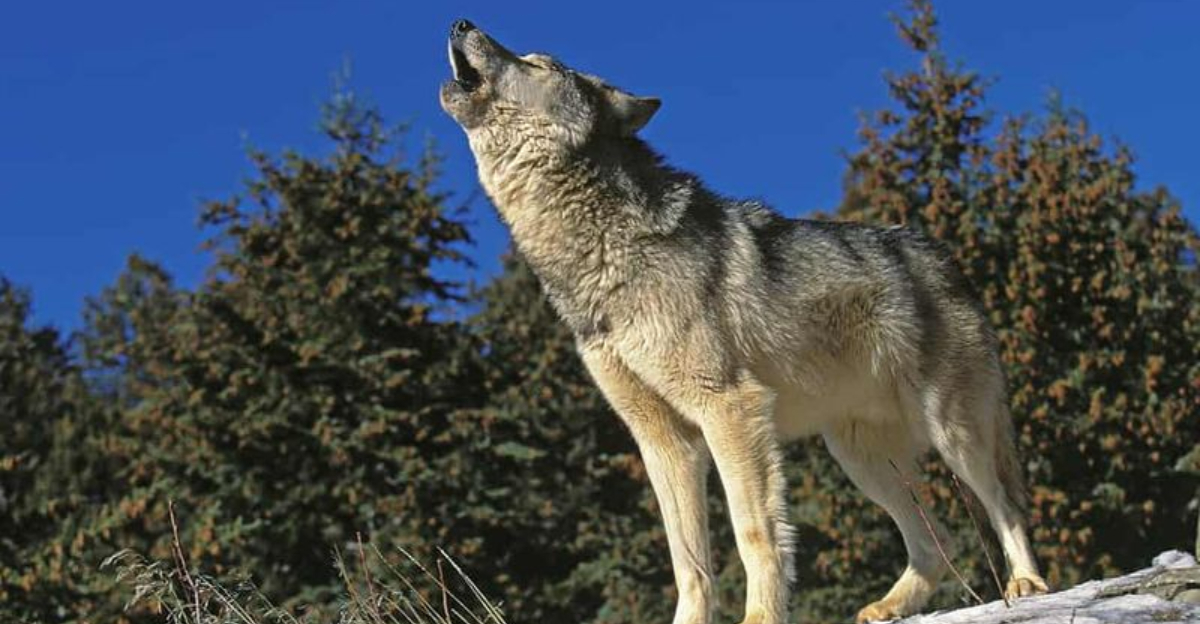
Our planet’s noisiest creatures are gradually falling silent, and the reasons are alarming scientists worldwide. From bellowing whales to chirping insects, these vocal champions face unprecedented challenges that threaten their ability to communicate.
The consequences extend beyond just losing nature’s symphony – these changes signal serious disruptions in ecosystems that could eventually impact human life too.
1. Habitat Destruction Mutes Wildlife Calls
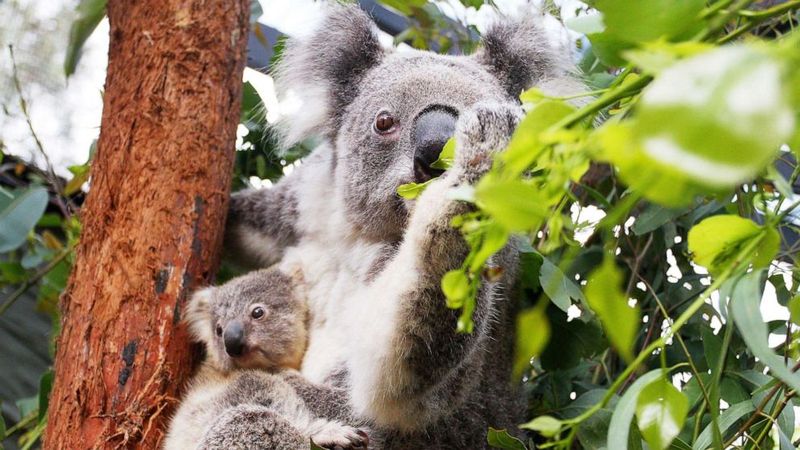
Bulldozers and chainsaws are drowning out animal voices by physically removing their homes. When forests fall and wetlands drain, the creatures who communicate within these spaces simply disappear.
Many animals evolved specific calls that travel perfectly through their native environments. Without these specialized acoustic corridors, their messages get lost in the noise or have nowhere to go.
2. Ocean Noise Pollution Drowns Whale Songs
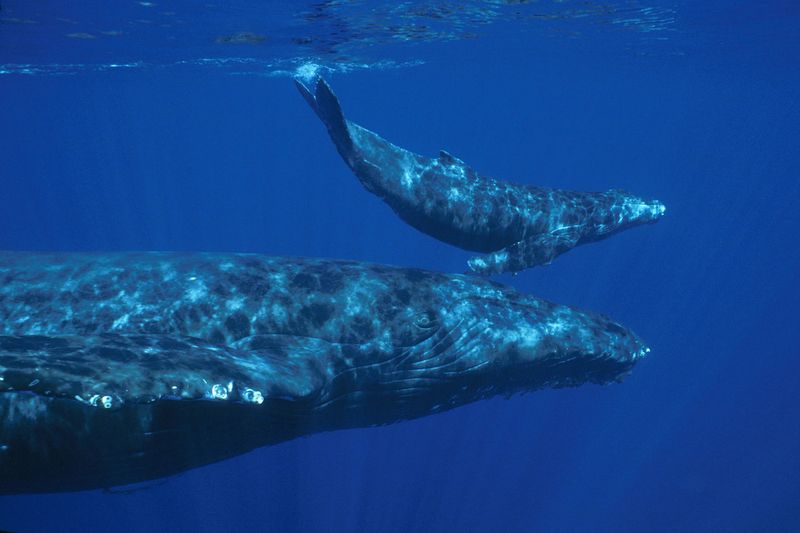
Shipping lanes create underwater highways of constant mechanical rumbling. Blue whales, once able to communicate across hundreds of miles, now struggle to hear each other over the din of propellers and engines.
Research shows these magnificent creatures have actually lowered their vocal frequencies in a desperate attempt to be heard beneath the mechanical cacophony. Their songs, evolving for millions of years, now compete with our noisy boats.
3. Climate Change Alters Mating Calls
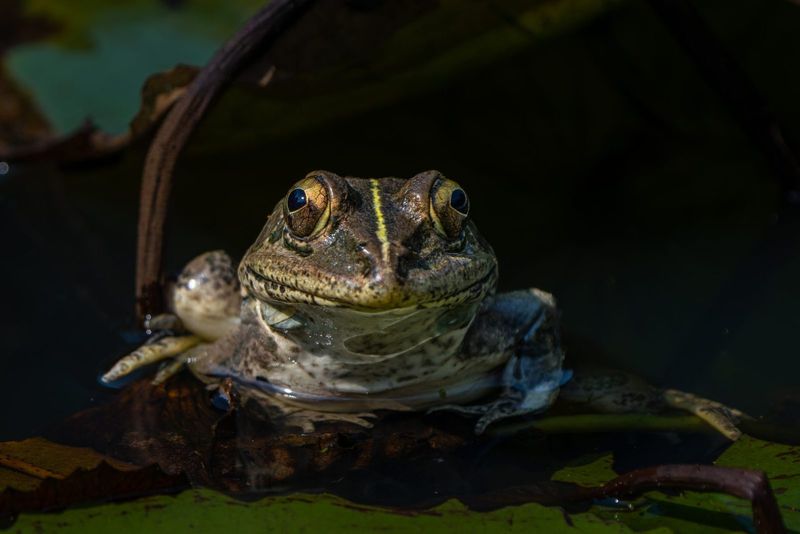
Rising temperatures mess with animal biology in surprising ways. Frogs and toads, whose breeding calls define spring nights, are calling less frequently or at different pitches as their ponds warm up.
The chemistry is simple yet devastating – warmer waters change their metabolism and energy levels. Some species just don’t have the stamina to maintain their elaborate vocal performances when environmental conditions shift outside their comfort zone.
4. Light Pollution Silences Night Creatures

Artificial lighting has turned night into day in many ecosystems. Crickets, katydids, and other nocturnal noisemakers get confused by the false daylight and stop their nightly concerts.
Their internal clocks, finely tuned over millennia, simply malfunction. When bright streetlights flood their habitats, these insects often mistake nighttime for daytime and remain quiet when they should be calling for mates.
5. Pesticides Reduce Insect Choruses
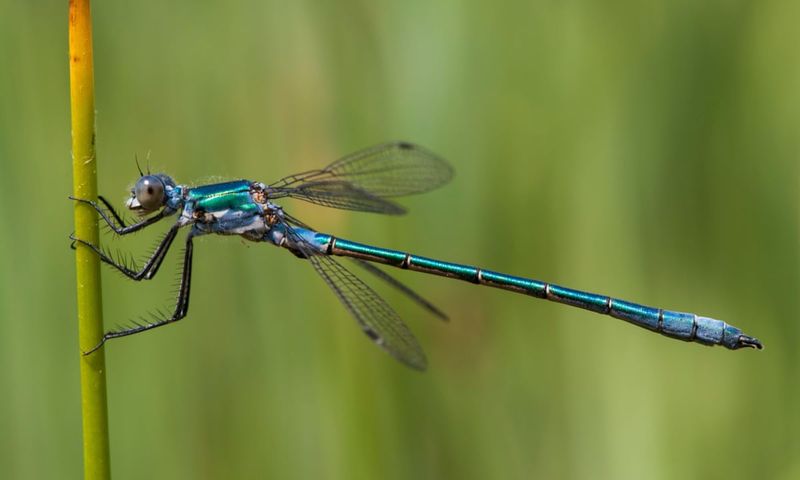
Chemical warfare against pests has devastated singing insect populations worldwide. Grasshoppers, crickets, and cicadas – once the soundtrack of summer – have declined dramatically where pesticides are heavily used.
Beyond just killing them outright, these chemicals can damage their sound-producing organs or disrupt the nervous system controls needed for making complex calls. The result is increasingly quiet fields and forests where insect symphonies once dominated.
6. Hunting Silences Dominant Males

Trophy hunting targets the loudest, most impressive males of many species. Lions with the deepest roars and elk with the most resonant bugles often attract not just females but hunters too.
These vocal champions typically possess the strongest genes in their populations. When they’re selectively removed, the remaining males tend to have less impressive calls. Over generations, this creates quieter herds and prides with fewer acoustic standouts.
7. Invasive Species Change Soundscapes
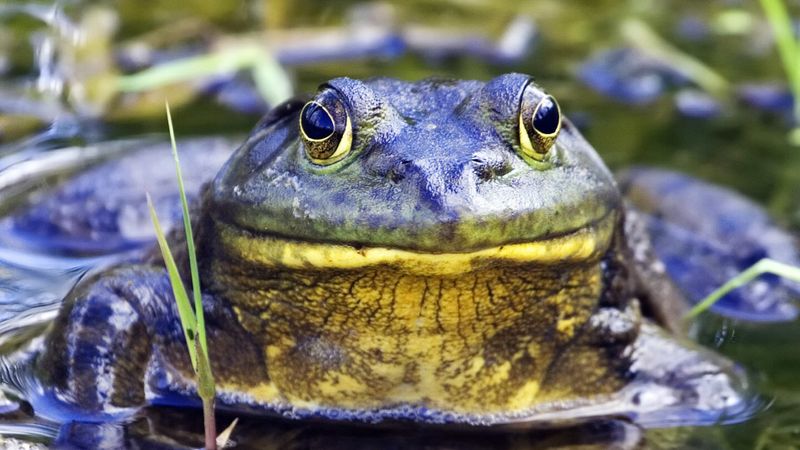
New arrivals can dramatically reshape who’s calling in an ecosystem. When bullfrogs invade wetlands, they often outcompete and silence native frogs with their aggressive behavior and tolerance for degraded habitats.
Similarly, introduced birds may dominate the dawn chorus, drowning out endemic songbirds. The result is a homogenized soundscape where diverse local voices get replaced by the same few invasive callers across continents.
8. Parasites Attack Sound-Producing Organs
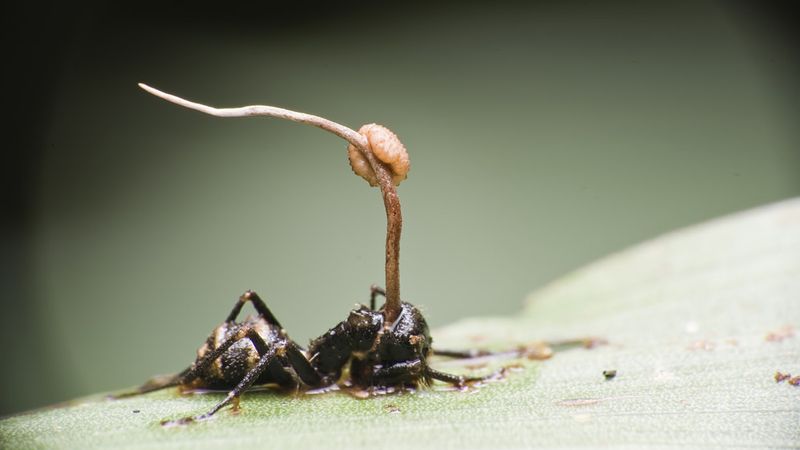
Certain parasites specifically target the noise-making anatomy of their hosts. A notorious example is the fly that infects crickets, filling their bodies with larvae that consume them from inside while simultaneously preventing them from chirping.
The cricket’s desperate evolutionary response? Going silent voluntarily. Some cricket populations have rapidly evolved to stop chirping altogether to avoid detection by these parasites, essentially choosing survival over communication.
9. Acoustic Adaptation To Human Noise
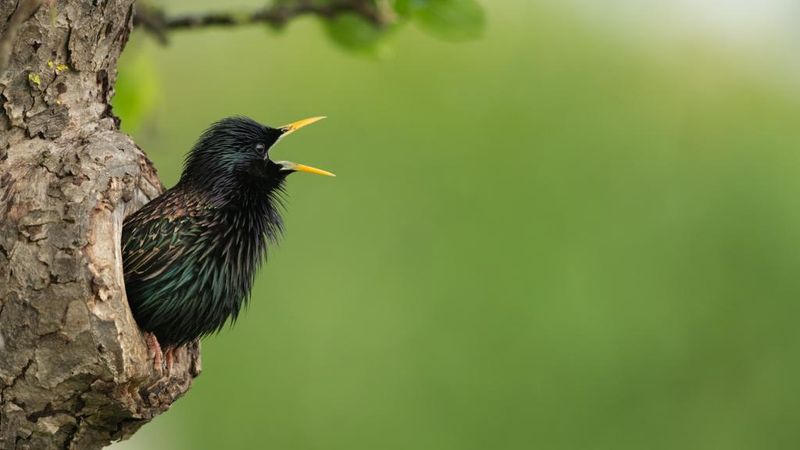
Urban birds sing differently than their country cousins – often at higher pitches to cut through traffic noise. While they haven’t gone completely quiet, this shift represents a fundamental change in animal communication.
Some species simply can’t adapt this way. Their vocal anatomy is fixed, unable to adjust to our mechanical cacophony. These inflexible communicators face a stark choice: relocate to quieter areas or gradually disappear from human-dominated landscapes.
10. Population Crashes Thin The Chorus
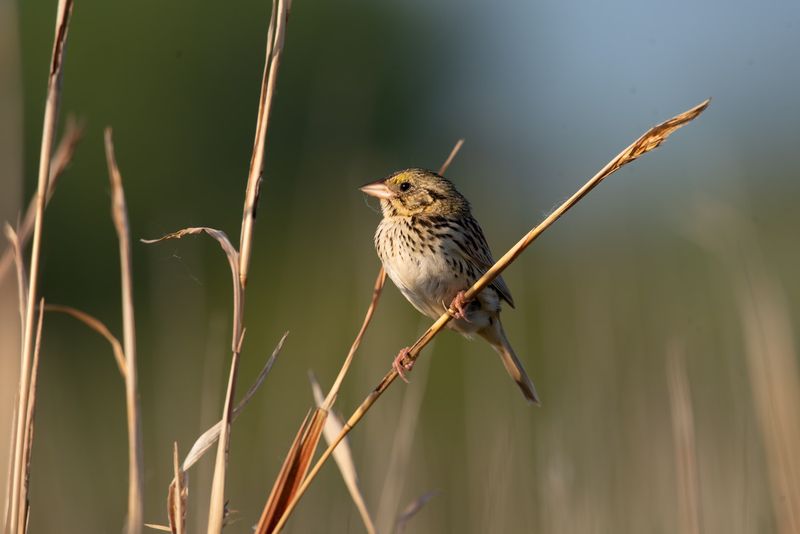
Numbers matter when it comes to nature’s orchestra. When 3 billion North American birds vanish in 50 years, as recent research suggests, their collective voice becomes dramatically muted.
The same applies to insects and amphibians experiencing population collapses. Each individual might still call, but the cumulative effect is like removing most instruments from a symphony. What was once an overwhelming chorus becomes a sparse, occasional chirp.
11. Disrupted Migration Patterns Shift Soundscapes

Climate change is scrambling the timing of animal movements worldwide. Migratory birds arrive at breeding grounds at different times, creating asynchronous choruses where once there were perfectly timed symphonies.
The dawn chorus in many locations now lacks key performers who haven’t yet arrived or have already departed. These temporal shifts mean some habitats experience periods of unusual quiet during seasons that were historically filled with sound.
12. Territorial Compression Forces Silence
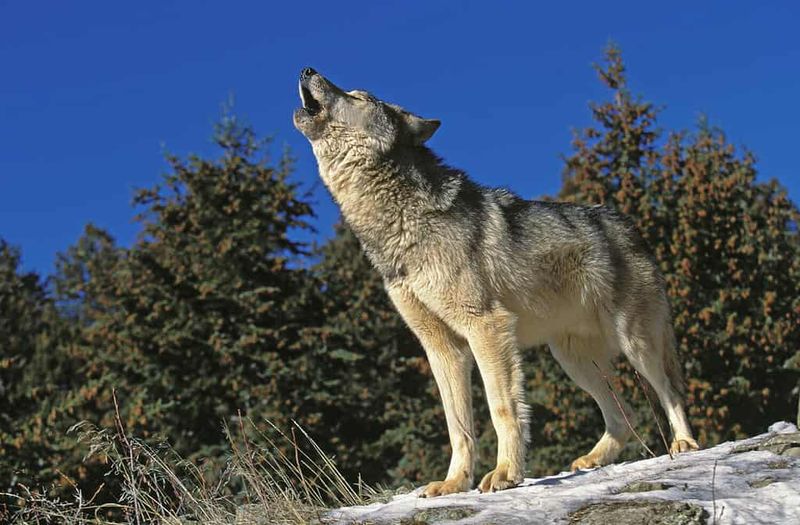
Animals need space to broadcast their presence. When habitats shrink into fragmented patches, creatures that communicate across large territories often stop calling altogether.
Wolves, for example, may reduce howling when their territories compress near human settlements. It’s a survival adaptation – being quieter means avoiding human detection. Unfortunately, this silence disrupts pack coordination and can weaken social bonds essential to their survival.
13. Pollution Damages Vocal Anatomy
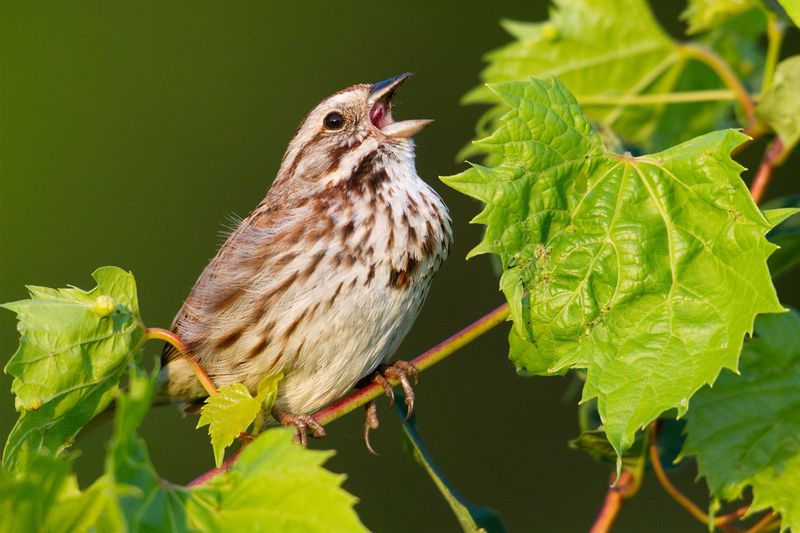
Chemical contaminants do more than just poison animals – they can physically damage the structures used to create sounds. Birds exposed to certain pollutants develop deformed beaks and syrinxes (their voice boxes).
Amphibians suffer similar fates when pesticides and industrial chemicals infiltrate their development. The result is generations of animals physically unable to produce normal calls, creating eerily quiet zones around contaminated areas.
14. Evolution Favors Silence For Survival
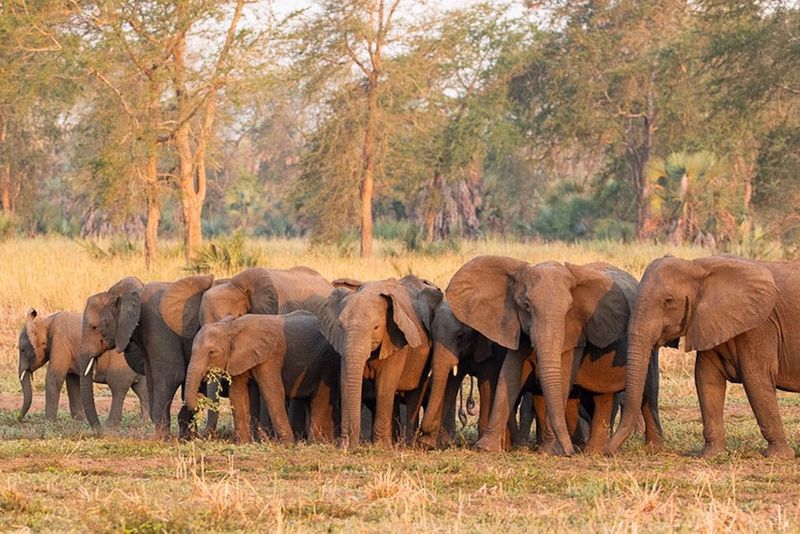
In our human-dominated world, being quiet is increasingly advantageous. Animals that make less noise often avoid detection by poachers, hunters, and other human threats.
Scientists have documented rapid evolutionary shifts toward quieter behaviors in multiple species. African elephants in heavily poached regions communicate more through subtle rumbles and physical touches rather than loud trumpeting calls. Natural selection now rewards the quiet ones who escape human notice.


